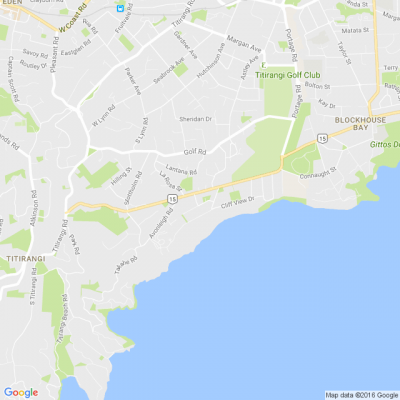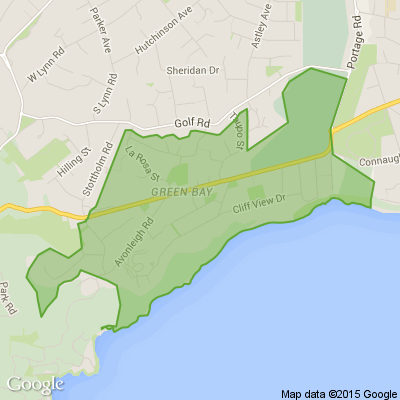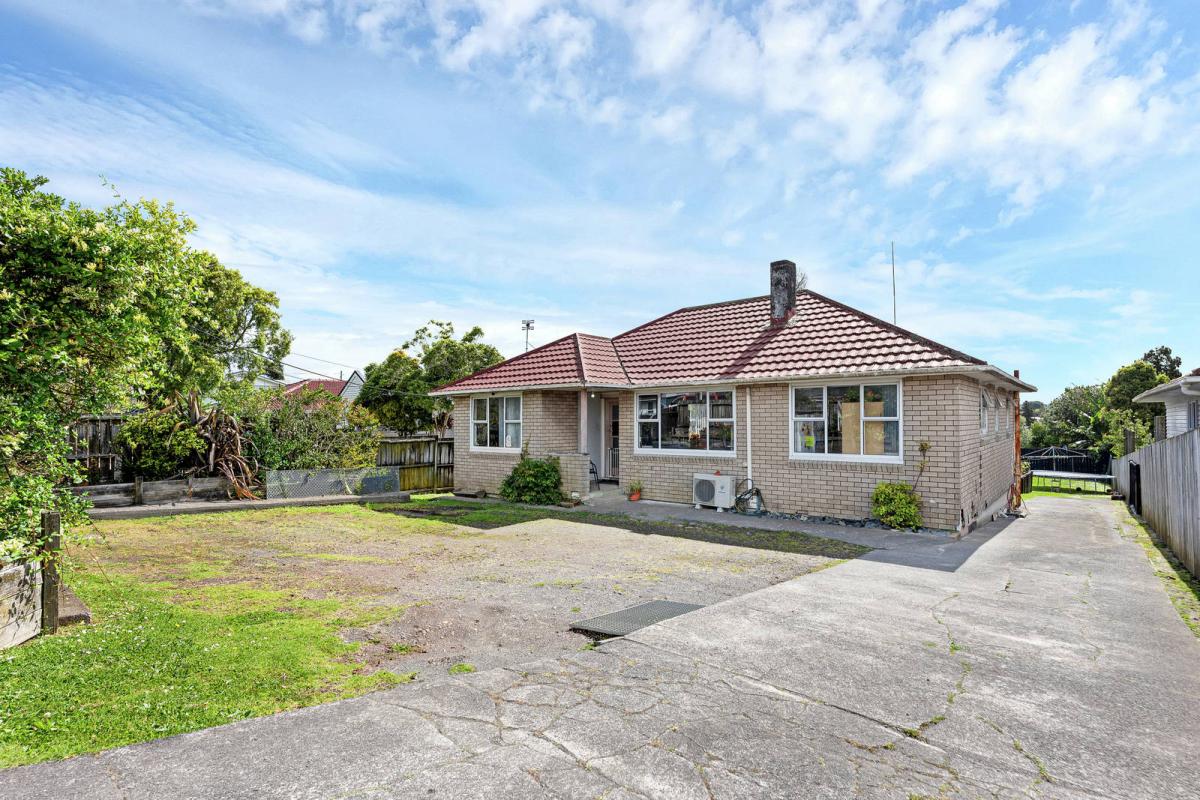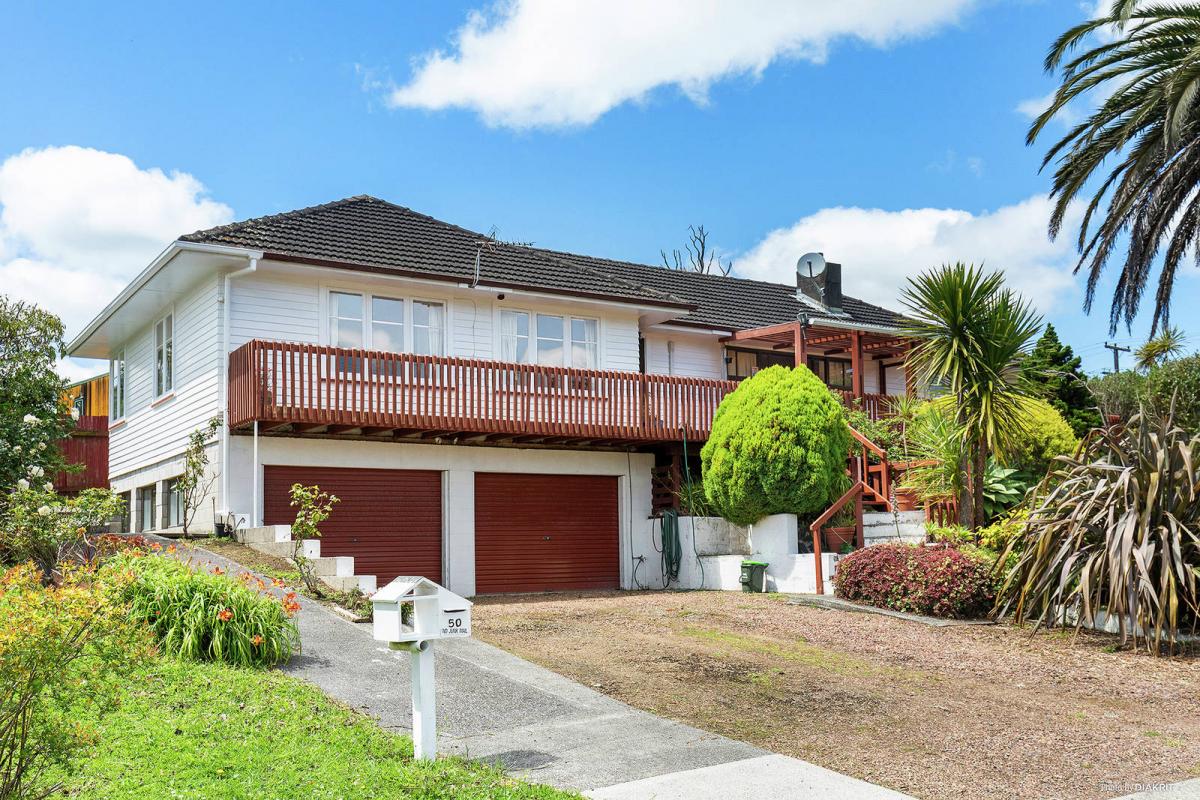Auckland Council: Who got the $80,000 bonus and pay rise?
Auckland Mayor Phil Goff has been blindsided in the last week of the election campaign by news the unelected board of a council-controlled organisation has given its chief executive a bonus and pay rise worth $80,000.Goff was not impressed when told the salary and bonus package for Panuku chief executive Roger MacDonald had shot up from about $565,000 to about $645,000 in the past year. What's more, the salaries and benefits of the leadership team at Panuku have risen by 22 per cent in the past year, from $2.7 million to $3.3m. MacDonald is now the second highest paid CCO chief executive, behind Watercare chief executive Raveen Jaduram, whose salary is about $775,000. His salary package rose $50,000 this year. Jaduram is the top earner in the council family, earning more than council chief executive Stephen Town, whose salary rose by 1 per cent to $698,000 this year. MacDonald's 14 per cent salary and bonus increase follows calls by Goff for CCOs to show financial restraint on salaries at the top level. The mayor's calls were heeded by the board of Auckland Transport when it appointed new chief executive Shane Ellison in 2017 on a salary of $575,000 - a $100,000 cut from the salary of former chief executive David Warburton. Ateed chief executive Nick Hill has received a pay rise of about $10,000 to take his salary to about $425,000. Regional Facilities Auckland chief executive Chris Brooks received a 2.5 per cent pay rise this year, taking his salary to $480,975. Executive team staff costs at RFA rose by 30 per cent from $2.3m to $3.1m last year. All up, ratepayers paid $25m for the salaries of executives at Auckland Council and the five CCOs last year. Speaking after a MYOB mayoral debate, Goff carefully chose his words to criticise the Panuku decision.
"I think that any salary of that dimension is a handsome salary and you need to demonstrate you are delivering the results to achieve that salary. "They [Panuku board] need to exercise constraint on salaries at that level." In a statement, Panuku chairwoman Adrienne Young-Cooper said much of the extra money paid to MacDonald came from an incentive scheme and the rest from a 2 per cent pay rise. She said the Panuku board established a performance-based reward scheme for staff based on achievement of Key Performance Indicators (KPIs). Last year, the average payment was 10 per cent of salary with MacDonald receiving a full year's payment, she said.
MacDonald has been in the news recently over a private helicopter trip to the Bay of Islands for a day of sailing on a superyacht, which was picked up by the Serious Fraud Office in an investigation over the sale of council's Civic Administration Building. The SFO cleared Panuku of any wrongdoing over the sale but raised concerns about a possible conflict of interest involving MacDonald's trip - signed off by the former Panuku board chair Richard Aitkin - saying "its acceptance was ill-advised". Young-Cooper said performance-based payments are standard industry practice for senior executives. The board reviewed the scheme in June this year and agreed to maintain it for another year to remain competitive with the market, she said. Following a furore over rising salaries and a $405,000 severance payment in 2017, Town said in a letter to Goff that council salaries do not include variable pay components such as bonuses or incentives, which are common in the private sector and some public sector entities. Australian banks and their New Zealand offshoots are overhauling executive bonuses following a royal commission investigation into misconduct in Australia's financial industry. Goff has promised a review of CCOs if he wins a second term, saying one of the focal points will be responsiveness and accountability. "I share the frustrations of Aucklanders with some aspects of CCO performance and delivery, and concerns about whether they can be held accountable," Goff said at the launch of his CCO policy in May.
==========================================================
Poll: Is it rude to talk on the phone on a bus?
Buses can be a relaxing way to get home if you have a seat and enough space. However, it can be off-putting when someone is taking a phone call next to you.
Do you think it's inconsiderate for people to have lengthy phone calls on a bus? Vote in the poll, and add your comments below.

-
65.5% Yes
-
32% No
-
2.5% Other - I'll share below
Riddle Me That: Ready to Test Your Wits?
If the prisoner tells a lie, he'll be hanged;
if he tells the truth, he'll be beheaded.
What can he say to save himself?
Do you think you know the answer to our daily riddle? Don't spoil it for your neighbours! Simply 'Like' this post and we'll post the answer in the comments below at 2pm.
Want to stop seeing riddles in your newsfeed?
Head here and hover on the Following button on the top right of the page (and it will show Unfollow) and then click it. If it is giving you the option to Follow, then you've successfully unfollowed the Riddles page.

Floor show
Spruce up your outdoor area for spring soirées in the sun with a simple but stylish rug you can personalise with your own design using your favourite Resene colours.
Find out how to create your own with these easy step by step instructions.








 Loading…
Loading…











